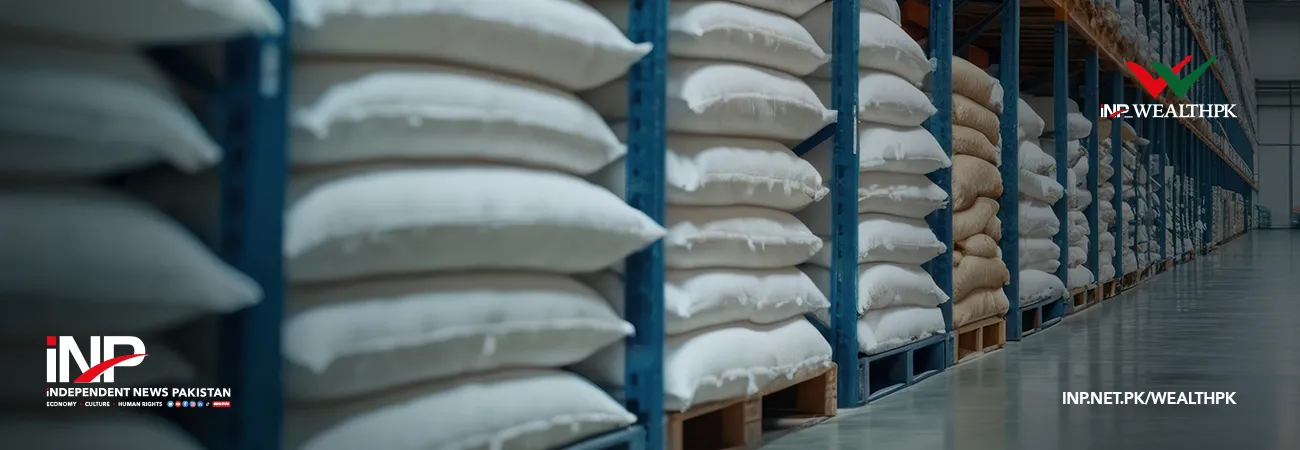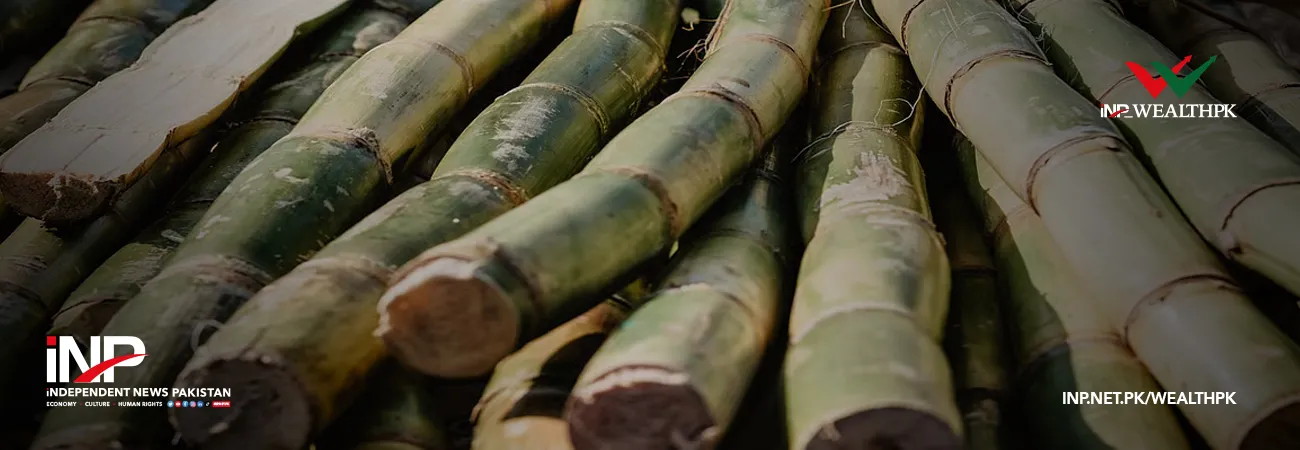INP-WealthPk
ISLAMABAD, Feb.2 (INP): Optimistic about the huge advantages of Pakistan's textile industry, Challenge Fashion (Pvt) Ltd. has bought 80 acres of land in Lahore and is currently applying for the qualification of the Special Economic Zone, to fully enjoy the policy support of the local government and the preferential dividend of cross-regional market tax rates.
According to Gwadar Pro, the company plans to invest USD 150 million in three phases to build a 100-ton fabric production park, which will start construction in mid-2021. 25 tons of fabric and garment equipment will be put into production in the second half of 2022, with 6,000 workers to be employed and projected annual sales of USD 80 million.
Karen Chen, CEO of Challenge Fashion, told Gwadar Pro that the establishment of a supply chain cluster will help improve Pakistan's labor structure and management. "We hope to demonstrate China's industrial park standards to our Pakistani counterparts by creating a Chinese-regulated industrial park project.
We can enable Chinese enterprises interested in overseas layout to see Pakistan's investment potential, and also provide project landing sites for SMEs so that they can fully enjoy the preferential investment policies provided by the Pakistani government. "
Through the early experimental operation of Challenge Apparels, the company gains a deeper understanding of the business environment in Pakistan, which provides a practical basis for additional investment decisions.
"Pakistan has significant labor advantage to ensure the sufficient labor supply. Most of the existing textile enterprises have relatively outdated equipment, backward management and products of low efficiency and low added value. Therefore, Chinese-funded enterprises have great development potential in technology and management after investing in Pakistan."
Karen said that "the tariff-free treatment of textiles exported to the EU, together with China's Free Trade Agreement, can guarantee the price edge of Pakistani products. Pakistani fabrics exported to Africa or Jordan can enter North America without tariffs, and the route is much shorter than from East Asia."
Nevertheless, Pakistan's textile industry still boasts great potential for optimization and upgrading. “The biggest obstacle to industrial investment in Pakistan lies in the location of the project, which is also one of the main reasons why the country is unable to develop industry on a large scale.
There has been no mature industrial park system so far. The industrial parks are located in remote areas, which are not suitable for labor-intensive enterprises to carry out business,” Karen further mentioned.
As Pakistan's pillar industry, the textile industry has helped the country survive the difficult time of 2020 and is still regarded as an important force for strengthening the national economy during the ongoing global pandemic.
It has made great contributions to promoting exports, increasing foreign exchange earnings and stabilizing the national economy. Karen said that Challenge Fashion will continue its efforts to promote Pakistan's textile exports.
INP/JAVED





